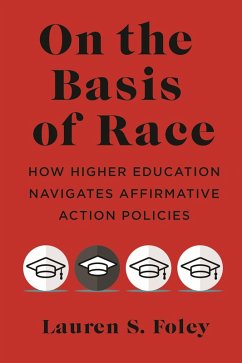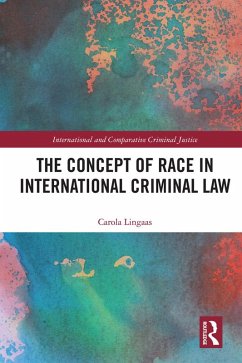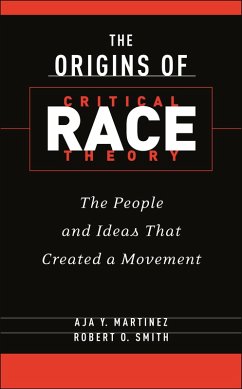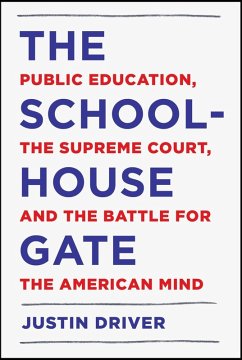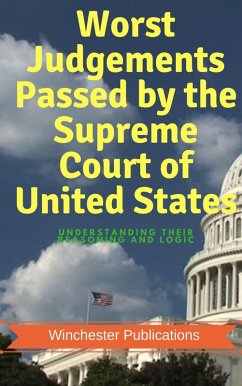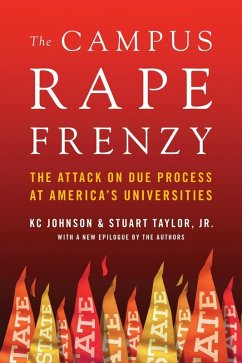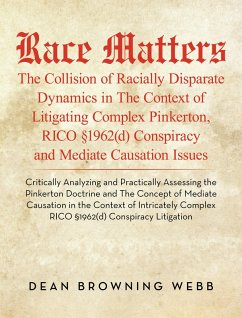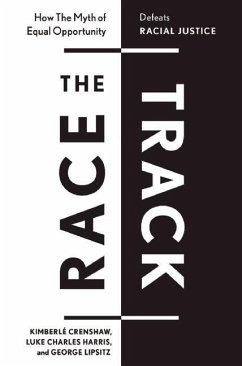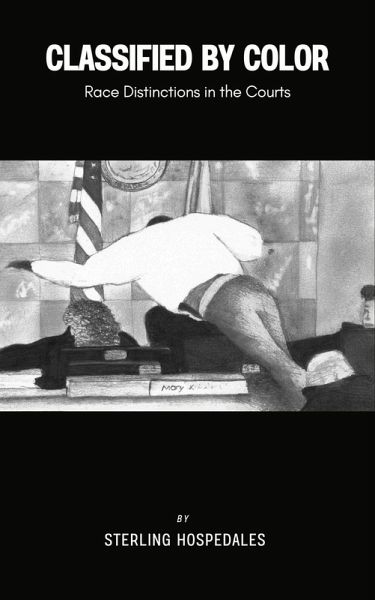
CLASSIFIED BY COLOR: Race Distinctions in the Courts (eBook, ePUB)

PAYBACK Punkte
0 °P sammeln!
Gilbert Thomas Stephenson once observed that America faces no issue more perplexing or unsettling than that of defining the proper and lasting relationship between the white and colored races. While this matter most directly affects the twenty million Caucasians and eight million Negroes residing in the eleven Southern states, it remains a national concern-for whatever impacts one part of our national organism inevitably affects the whole.Though this question has been examined from nearly every imaginable perspective-moral, political, economic, and social-few have explored what insight the law...
Gilbert Thomas Stephenson once observed that America faces no issue more perplexing or unsettling than that of defining the proper and lasting relationship between the white and colored races. While this matter most directly affects the twenty million Caucasians and eight million Negroes residing in the eleven Southern states, it remains a national concern-for whatever impacts one part of our national organism inevitably affects the whole.
Though this question has been examined from nearly every imaginable perspective-moral, political, economic, and social-few have explored what insight the laws of the states and of the nation might offer. It was with the hope of shedding new light from that source that I undertook the present investigation.
Beginning in 1865, when the Negro became a free man, the Federal Government sought-through constitutional amendments and legislative acts-to secure for him the full rights and privileges of American citizenship. My aim has been to determine how far that effort has succeeded.
The central question is this: After more than forty-five plus years of freedom from physical bondage, to what extent does the Negro remain short of being, in truth, a full-fledged American citizen? What legal limitations are still permitted-or imposed-on him simply because he is a Negro?
Though this question has been examined from nearly every imaginable perspective-moral, political, economic, and social-few have explored what insight the laws of the states and of the nation might offer. It was with the hope of shedding new light from that source that I undertook the present investigation.
Beginning in 1865, when the Negro became a free man, the Federal Government sought-through constitutional amendments and legislative acts-to secure for him the full rights and privileges of American citizenship. My aim has been to determine how far that effort has succeeded.
The central question is this: After more than forty-five plus years of freedom from physical bondage, to what extent does the Negro remain short of being, in truth, a full-fledged American citizen? What legal limitations are still permitted-or imposed-on him simply because he is a Negro?
Dieser Download kann aus rechtlichen Gründen nur mit Rechnungsadresse in A, B, CY, CZ, D, DK, EW, E, FIN, F, GR, H, IRL, I, LT, L, LR, M, NL, PL, P, R, S, SLO, SK ausgeliefert werden.




